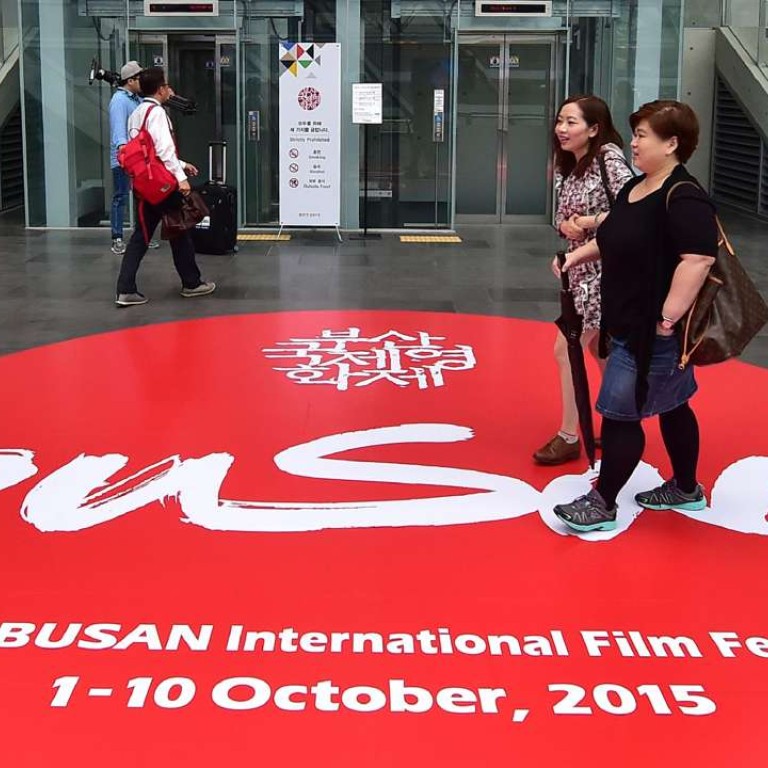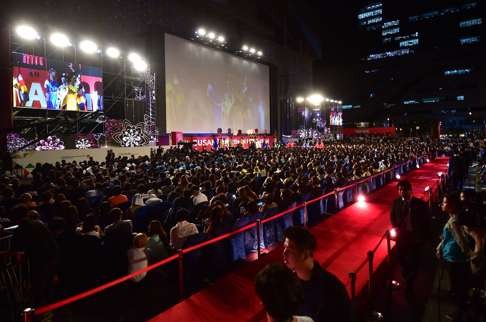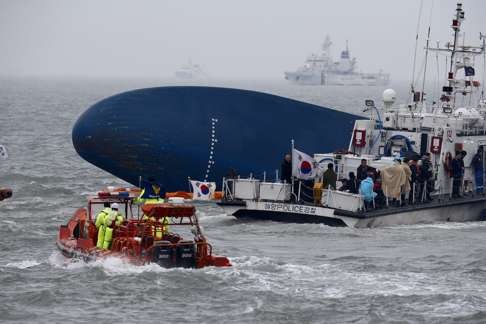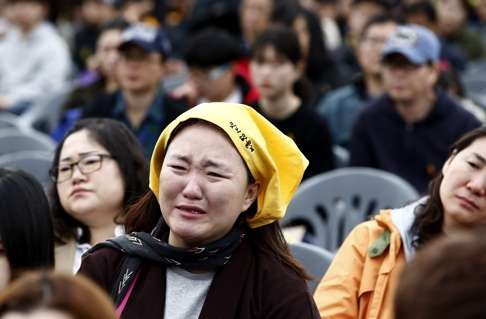
Busan film festival hit by South Korean filmmakers’ boycott over freedom of expression
Association representing nine top film bodies will ask members to stay away from event amid continuing fallout from city government’s 2014 order to halt screening of Sewol ferry disaster film
South Korea’s best-known film festival could be left struggling to fill its 2016 programme, after a group representing many of the country’s most high-profile film-makers agreed to mount a boycott over municipal interference.

“This is the first time in 10 years that those in the film industry [have] put their voices together for a cause since the opposition against the reduction of the screen quota for domestic films in 2006,” said the Korean Film Group’s Emergency Committee for Defending BIFF’s Independence in a statement, which followed a poll of members that found 90 per cent supported a boycott. “It is regrettable that such an extreme decision was made with the festival only six months away. But we film industry people will not participate in this year’s BIFF unless its independence and freedom of expression are guaranteed.”

Since the impasse over The Truth Shall Not Sink with the Sewol, festival organisers and the city government have been locked in a battle for control over the event. After ordering the dismissal of Busan chairman Lee Yong-kwan, the authority took out a court injunction against Lee’s subsequent attempt to load a powerful committee with supporters. The chairman had hoped to use a general meeting to declare the festival’s independence from government control, despite the metropolitan authority’s status as the event’s largest stockholder and main funding body.


